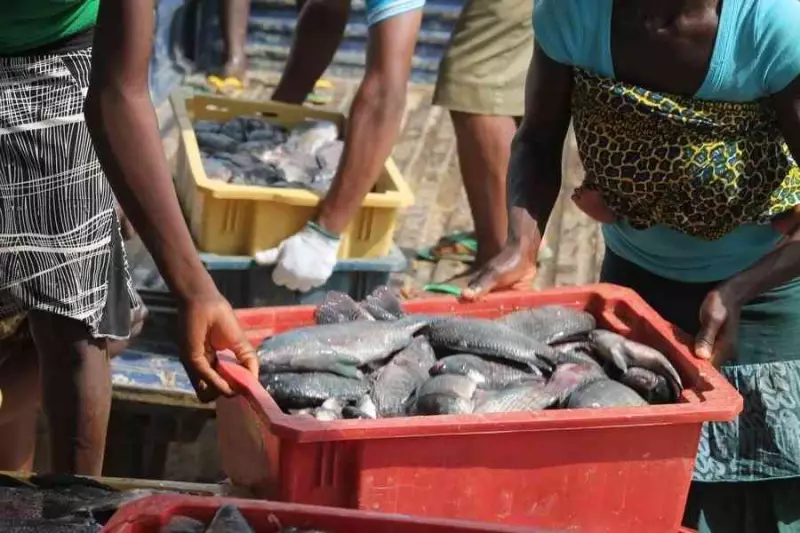
In a compelling appeal to Nigerian authorities, a prominent university professor has sounded the alarm on the country's overwhelming dependence on imported fish, urging immediate government action to revitalize local production capabilities.
Professor Clement Ighodaro, an esteemed Fisheries and Aquaculture expert from the University of Benin, presented a stark reality: Nigeria currently spends a staggering N300 billion annually on fish imports while local production struggles to meet even half of the nation's consumption needs.
The Import Dependency Crisis
"Our current situation is unsustainable," Professor Ighodaro declared during an exclusive interview. "We're importing approximately 1.2 million metric tons of fish yearly while our local production hovers around 600,000 metric tons. This creates a dangerous dependency that drains our foreign reserves and threatens national food security."
Strategic Solutions for Growth
The aquaculture specialist outlined several critical areas where government intervention could transform the sector:
- Financial Support: Direct subsidies and accessible loans for local fish farmers
- Infrastructure Development: Modern processing facilities and storage infrastructure
- Training Programs: Comprehensive education on modern aquaculture techniques
- Research Funding: Increased investment in fisheries research and development
Economic and Social Benefits
Professor Ighodaro emphasized that boosting local fish production would deliver multiple benefits beyond reducing import bills. "This isn't just about saving foreign exchange. A robust local fisheries sector can generate millions of jobs, particularly for youth and women in rural communities. It supports entire value chains from feed production to processing and distribution."
The Path Forward
The academic urged policymakers to view aquaculture as a strategic national priority rather than just another agricultural sub-sector. "With proper government backing, Nigeria has the potential to not only achieve self-sufficiency in fish production but to become a regional exporter within the next decade. The time for decisive action is now."
As Nigeria continues to grapple with food security challenges and economic pressures, experts agree that strategic investments in sectors like aquaculture could provide sustainable solutions while creating much-needed employment opportunities across the country.






